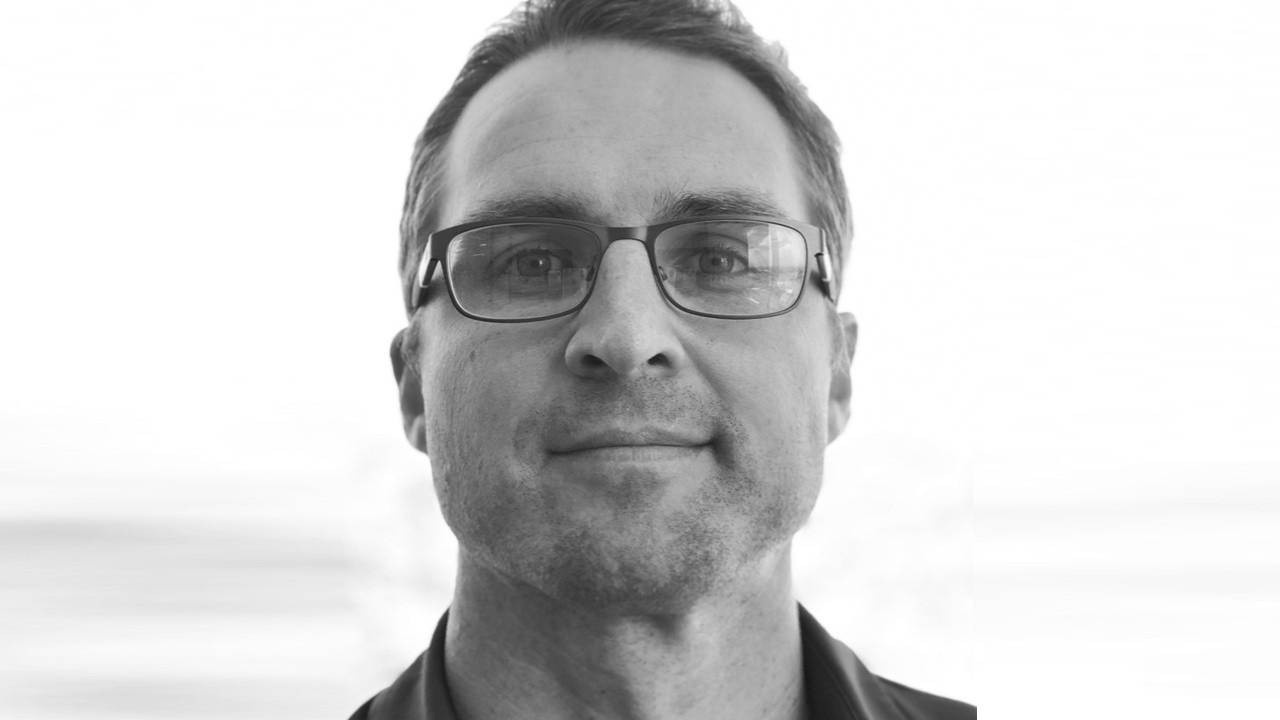
'How we make the world' with Karl Melrose
People are complex, and adaptive.
But how much of this is in our conscious control?
I think the general answer is "not very much at all."
When I started learning about this stuff, I expected to find (despite all the evidence provided by humanity on a day to day basis) that we were rational, sensible, and generally got where we wanted to go.
Instead, the more I looked, the more convoluted and strange it became.
Everything I've read convinces me that we're measuring, assessing and acting in the world with an instrument we don't have anything like any control over, and the only things that might lend us any consistency are so influenced by everything else - that we don't even really get to choose the ways in which we are consistent.
Basically, it's turtles all the way down.
In this DD, I want to work through a discussion about the often paradoxical elements of:
- Learning - and how much of it we actually wanted in the first place.
- Cognition, narratives, and why we like what we like.
- Decision making - and how many of our decisions are actually made consciously.
Karl Melrose biography
Karl leads business development and consulting for an information management training company. This is very convenient, because it provides an opportunity to spend all day every day talking to information and records managers in government agencies about their practice - the improvement of which is the thing he's really interested in.
When it comes to EQlab and DD, In his own words, he's not here because he has answers, he's here because he has questions.
His favourite questions are about how our thoughts create the world we live in, the dynamics of people working together, and how we got to thinking the way we do.
Session expired | View our schedule

